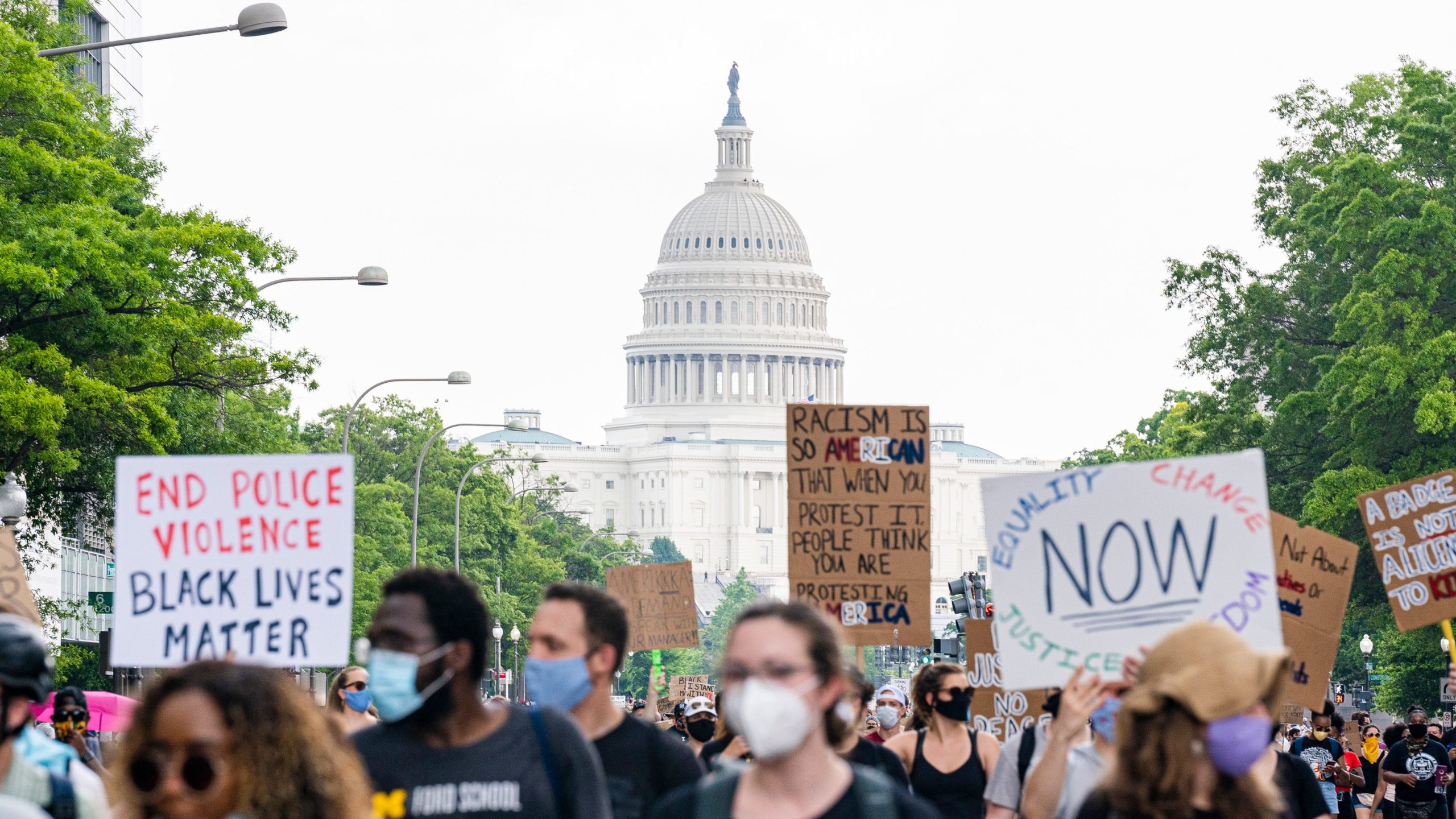For Iowa educators, caucuses provide perfect up-close politics lesson
SIOUX CITY — A couple dozen Morningside College students gathered Tuesday for their State and Local Politics and Policy class, but you could also have called it Iowa Caucuses 101.
Valerie Hennings, an associate professor of political science and director of the school’s Col. Bud Day Center for Civic Engagement, walked the class through some basics, such as the difference between a caucus and a primary election, asking the students how many of them, prior to completing their reading assignment, thought they would walk into a booth and cast ballots at their caucus site on Monday.
A few hands rose in the air, sparking a brief talk about the differences between how Republicans and Democrats will conduct their caucuses. Hennings delved deeper, dividing students into groups to debate whether Iowa should retain its status as being the first state in the nation to conduct a caucus or primary to determine each party’s presidential nominee.
You can bet similar lessons are taking place in classrooms across Iowa. When college and high school students can get an up-close look at the presidential candidates who swing through town, it’s a hands-on learning experience.
“To be able to go and participate and be a primary source of the process, that’s just great. It’s kind of a fun process to get the kids engaged,” said Jan George, an American government teacher at Sioux City’s West High School.
Iowa’s status as the first state in the nation to host a caucus or primary brings every candidate to Iowa and Siouxland. Usually several times.
The frequent visits and accompanying local and national media attention give educators many chances to talk about the political process with their students and help them learn more about the uniqueness of Iowa’s role in the presidential nomination race.
“It’s invaluable to be teaching at Morningside during this time,” Hennings said.
The majority of students in her Introduction to U.S. Government and State and Local Government classes are eligible to vote and caucus for the first time. Part of her job, as Hennings sees it, is to help students understand what the caucuses are and how they work.
“One of my goals is demystifying the process,” she said. “There certainly is an interest. They see all the attention and excitement with the candidates coming to Sioux City.”
Even if students can’t caucus, watching the process play out provides an experience you can’t get from a textbook, said Julia Hellwege, a University of South Dakota assistant professor of political science. The majority of her students are South Dakotans and can’t take part in the caucuses. Yet, many have traveled to Sioux City to hear candidates speak, and the campaigning leads to classroom discussions and political involvement.
“Had it not been that we had an early competitive caucus next door, we wouldn’t have as many opportunities,” Hellwege said. “Certainly by proximity we have the opportunities, and we encourage them to take the opportunities.”
With more than 20 Democrats running for president at one time and candidate visits beginning months ago, students have had many chances to catch a rally and hear the candidates in person. George said it’s a chance for students to hear a candidate’s whole message, not just the few quotes or sound bites reported by the media.
“I encourage them to get out there,” George said. “See anything they can consume and get in touch with outside the media.”
It’s a way for students to learn more about politics and political ideology, Hellwege said. The exposure allows students to explore their own views on the issues, maybe forming opinions that are different from their parents or other people they grew up with.
“It’s really exciting to see them getting their own ideas,” Hellwege said.
Candidate appearances on Morningside campus bring an excitement that can’t be created any other way, Hennings said. It automatically makes students more engaged, leading to livelier classroom discussions the day after a candidate speaks at the college. It’s a way to get college students, many of whom will be voting for the first time in November, more involved.
“We get a front-row seat to view candidates in Iowa,” she said.
It makes it more likely that even the students who tend to sit in the back row of the classroom will find politics, and class discussions about them, more interesting.





